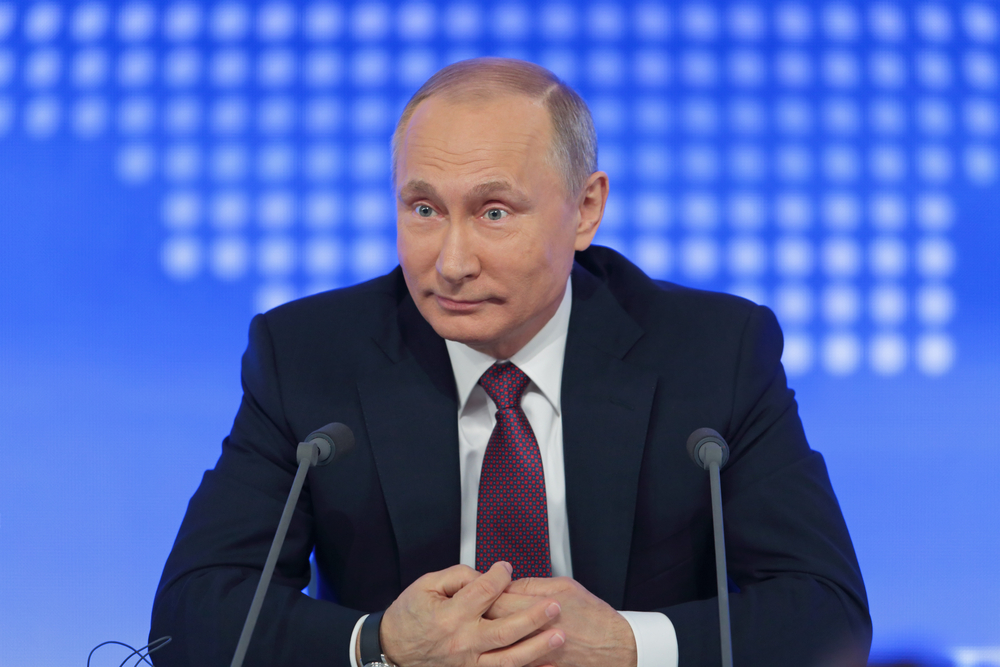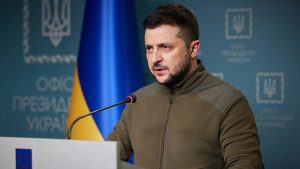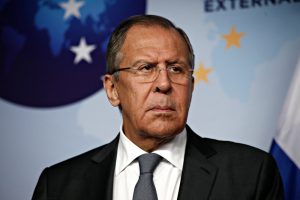Reports from Africa paint a grim picture.
Others are reading now
As wars drag on, funding becomes as critical as manpower.
Countries at war often turn to unconventional means to sustain their efforts.
Russia, locked in a prolonged conflict with Ukraine, has reportedly found such a lifeline in Africa’s gold.
A recent report by the World Gold Council reveals that Russia has generated $2.5 billion through the illegal trade of African gold since the invasion of Ukraine began.
Also read
A Grim Picture
The gold is sourced from small, artisanal mines across countries like Burkina Faso, Mali, Sudan, and the Central African Republic.
Once extracted, it is smuggled to the Middle East, primarily to the UAE. There, it is refined and mixed with legally sourced gold before being sold on global markets.
The profits are funneled back to Moscow to fuel its war efforts.
The system, described as a “hidden pipeline,” has grown more vital as Western sanctions target Russia’s economy.
While some observers believed the death of Wagner Group leader Yevgeny Prigozhin might disrupt such operations, the Kremlin has only tightened its control over these resources.
Reports from Africa paint a grim picture. In Mali, Wagner mercenaries have taken control of major gold mines following a military coup.
In Sudan, similar groups have executed miners and terrorized local populations to maintain dominance. Villagers have been warned that mining without Russian approval will result in execution.
Jessica Berlin, a geopolitical analyst, notes that this trade is not just about gold. It’s a deliberate strategy to offset sanctions and keep Russia’s military machine running.
Countries like Burkina Faso have issued mining licenses to Russian companies like Nordgold, which is owned by Alexei Mordashov, a close ally of Vladimir Putin.
As Russia exploits these resources, international efforts to curb the trade remain fractured.
Experts warn that without a unified global response, such illicit practices will continue funding conflicts, leaving both African nations and the global community at risk.








